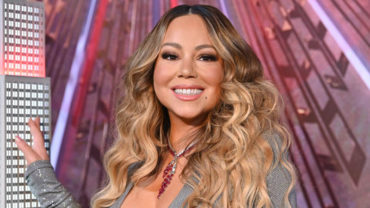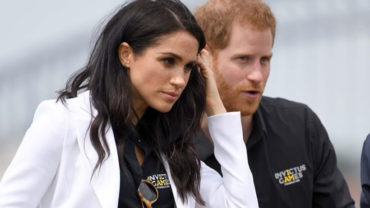Production and sourcing veterans Mahmud Kamani and Carol Kane founded Boohoo in 2006 as a fast-fashion brand with its eyes fixed firmly on Gen Z.
The company is known for its test-and-repeat model, which acts like a 24/7 focus group. The company trials a wide range of styles on the site, and then only reorders the most popular ones.
Based in Manchester, England, it designs, sources and manufactures half of its products in the U.K., which gives it quick lead times of four to six weeks. Revenue in 2020 was 1.23 billion pounds, up 44 percent up on the previous year, while pre-tax profit was 92.2 million, a 54 percent gain on 2019.
Last year, the company was forced to launch an investigation into its supply chain, and particularly its third-party factories in Leicester, England, following reports by media and campaign groups of sweatshop conditions and poor pay.
The company has since vowed to work more closely with its supply chain partners, and improve the way it treats workers at every stage in the business.
Since the company went public on the London Stock Exchange in 2014, it has purchased a host of brands, and has consistently said it plans to grow organically, as well as through acquisitions. It’s interested in brands’ IP, online operations and other assets, and rarely, if ever, buys any physical stores.
The group has long owned the fast fashion sites Boohoo, Boohoo Man, PrettyLittleThing, Nasty Gal and Miss Pap, and describes itself as a leader in the fashion e-commerce market for 16 -to 40-year-olds internationally.
In 2019, it purchased the struggling high-street fashion retailers Karen Millen and Coast for 18.2 million pounds. The latter two brands allowed Boohoo to appeal to a broader, and older demographic.
Maria Bogdanova of Euromonitor International noted that the Boohoo Group had a 6 percent value share of apparel and footwear e-commerce in 2020, and has done a solid job of integrating Karen Millen and Coast into its portfolio.
Over the past 12 months, Boohoo has been on a buying streak: On Monday, it revealed the acquisition of three former Arcadia brands, Dorothy Perkins, Wallis and Burton, for 25.2 million pounds.
Last month, it bought the department store chain Debenhams for 55 million pounds, and plans to use it as a marketplace to sell fashion and beauty alike. In June, it snapped up Oasis and Warehouse for 5.25 million pounds in cash from Hilco Capital Ltd.
The Oasis, Warehouse, Karen Millen and Coast brands sell women’s fashion and accessories inspired by the designer runways, but mostly at contemporary price points, and higher than the average Boohoo prices.
At one stage, a decade ago, all four of those brands were grouped under the Aurora Fashions umbrella, whose ultimate owner was Iceland’s now defunct Kaupthing Bank.
There are likely more acquisitions to come from Boohoo.
Bernstein noted in a report last week that in 2020 “there weren’t as many opportunities for Boohoo, but we are now in a better M&A environment so we will likely see more discussion and more deals imminent.”
Bernstein noted that with “a robust” 300 million pounds-plus cash position — after the Debenhams deal, but before the Arcadia purchase — “Boohoo is well placed to make further strategic M&A investments funded by cash, even beyond the 140 million pounds remaining of the equity raise from last year.”







